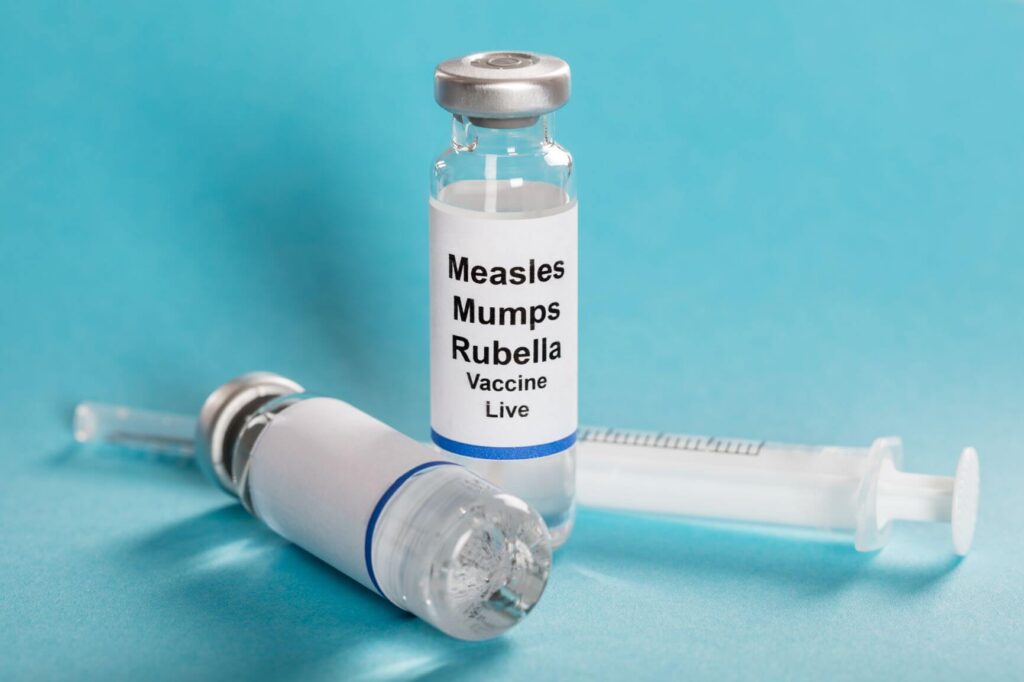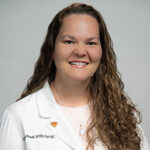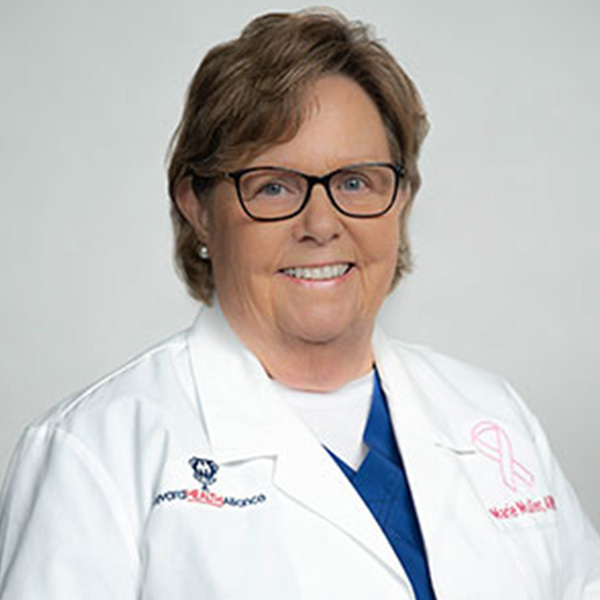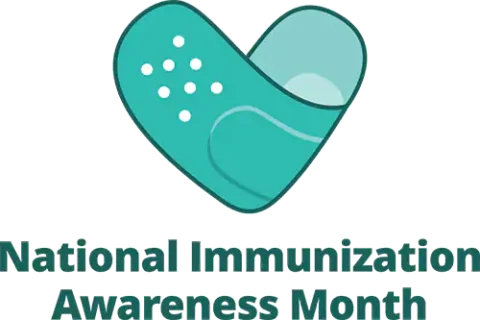What You Should Know About Measles
Measles is not a common illness in the United States, which is why a startling number of new cases of the disease has doctors and healthcare providers alerting patients and the community, especially parents of children, how to protect against contracting the illness.
According to the Center for Disease Control, which monitors cases of diseases in the country, from January 1 to April 19, 2019, more than 600 cases of measles have been confirmed in 22 states, including Florida. This number has been steadily rising, and is the second-greatest number of cases reported in the U.S. since measles was eliminated in 2000.
The first and best defense is vaccination. Children need two doses of the combination measles, mumps, and rubella (MMR) vaccine — one dose between 12 and 15 months of age and the next between 4 and 6 years old.
What Is Measles?
The CDC says, “measles is a very contagious disease caused by a virus. It spreads to others through coughing and sneezing. It is so contagious that if one person has it, up to 90% of the people around him or her will also become infected if they are not protected.”
Know the Signs
The CDC goes on to explain the common signs and symptoms of the illness. “Measles starts with a high fever. Soon after, it causes a cough, runny nose, and red eyes. Then a rash of tiny, red spots breaks out. It starts at the head and spreads to the rest of the body. Measles can be serious. It can lead to pneumonia, encephalitis (swelling of the brain), and death.”
Assess Your Risk
International travel is another factor that affects your likelihood of exposure to measles. Measles is still common in many parts of the world including some countries in Europe, Asia, the Pacific, and Africa. While the illness is less likely to be contracted inside the United States due to the large population that is adequately vaccinated, travel abroad to countries where measles is more popular means an increase in your odds of being exposed to the disease.
The CDC recommends verifying vaccination records of all members of your family as you make travel plans. To do this, check with your doctor and review the immunization schedule for your entire family.
BHA provides vaccinations to children and adults by appointment and maintains records for its patients. To become a BHA patient, or to set an appointment for vaccinations, please visit https://brevardhealth.org/



































































































































